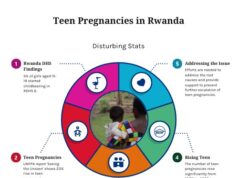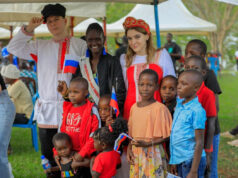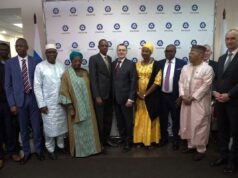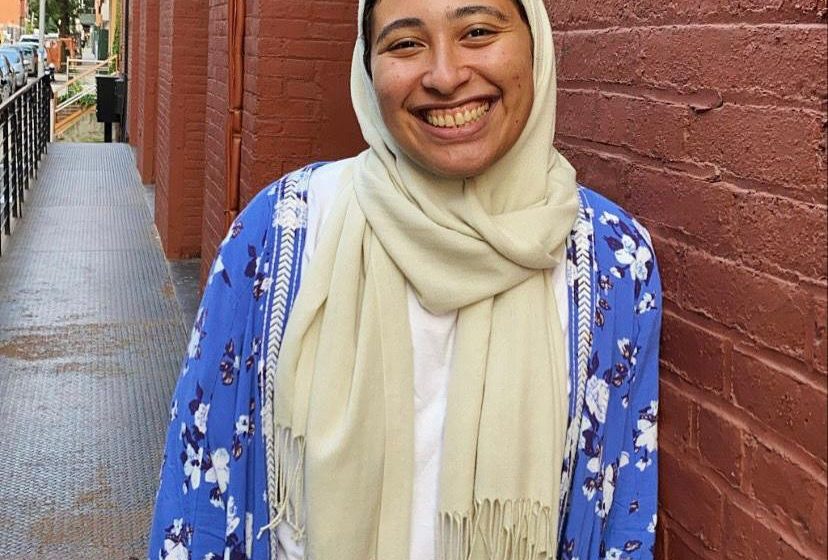
By Lara Reffat
Podcasting has brought audio conversations to the digital age. The podcast boom in the MENA region is especially exciting for Egyptian women right at the centre of it.
When Egyptian audiophiles and creatives started looking at podcasting as a powerful tool, they had to think of just how to stand out.
The Egyptian Streets Podcast already had a successful first season, but season 2 attracted attention for its new theme. Host Noran Morsi initially wracked her brain when preparing for it and found that her must-have guests already had something very obvious in common.
“I was trying to put together my dream guest list for the second season and I realized that the majority of the list ended up being women. I tried to even out the list but I realized that the people that were changing the game out there at the moment were women,” she says.
Morsi felt herself being pulled by Egypt’s shifting tides of female empowerment. “This was also close to the Egyptian “me too” summer so it only felt appropriate”.
She got acquainted with audio as a teacher’s assistant at a university. It helped give her an edge before starting her podcast.
“In the summer of 2019 when I was first interning with Egyptian Streets, I had just graduated and gained my podcasting passion. I had been a teaching assistant for an audio production course and felt like I was ready to create my podcast. That’s when I started coming up with the Egyptian Streets Podcast.”
Egyptian podcasters want to bring varied narratives to the medium and this is perhaps most apparent in arts and culture. Independent artists know how their work can get lost in the noise, especially as MENA artists scramble to get their voices heard.
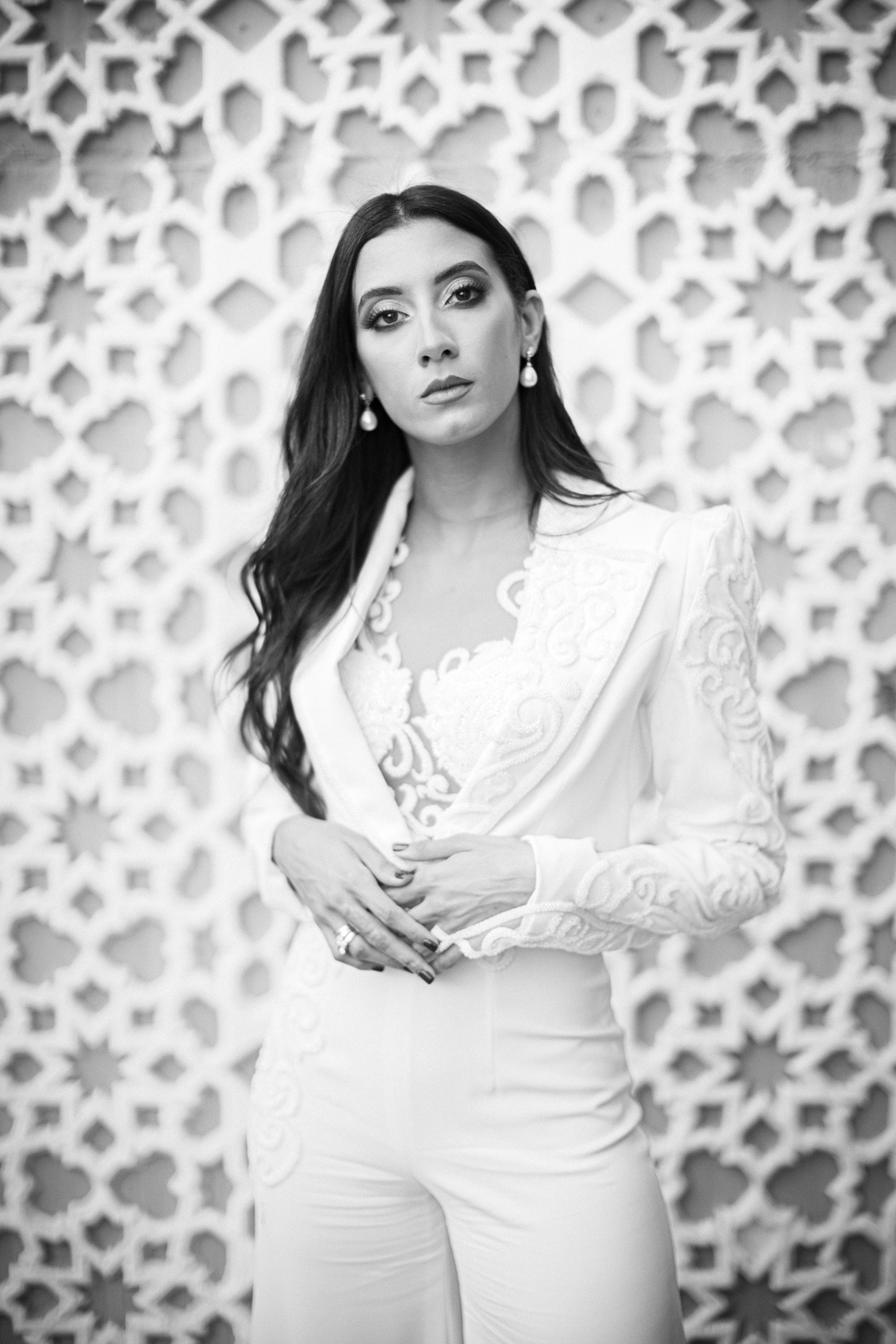
Nour Hassan started Radical Contemporary out of her love for writing but it soon evolved into a more encompassing platform. The platform is already a standout voice in the region.
Podcasts’ growing influence
“The idea for Radical Contemporary came up because I have always had a love for magazines and an infatuation with writing and intellectual content and fashion and art and extremely bold things. So I wanted to come up with a magazine that kind of achieved that,” Hassan says.
For Hassan, focusing on a subject she is familiar with has helped shape the podcast. The show invites guests from many cultural and artistic backgrounds in the MENA region.
“I’m an artist and a writer. I’ve dabbled in a lot of different things but growing up I took IB art,” she adds.
Hassan also had experience with art forms like sculpting, painting, and watercolour and growing up she recalls even writing poetry and sketching dresses.
“I realized through the process of writing and producing and contributing to different platforms like Harper’s Bazaar Art and Interiors Arabia that my honest true love is speaking to people, interviewing people and understanding their stories and from that, the podcast was born.”
Art and connection are at the heart of her podcast, but Hassan points out that even brands should see the practical advantages of podcasts.
She explains that podcasting could reap long-term benefits for them. Hassan feels that brands need to start financially and emotionally investing in podcasts to build a lasting following.
“I think brands need to start believing more in podcasts. I think they need to start believing more in connecting to your consumer how do you do that? It’s through presenting them with conversations, people, dialogues, and aesthetics that they believe in and can relate to.”
Eman Sayed Al Ahl is an assistant lecturer of mass communication and a specialist in media psychology. She first started teaching podcasts in 2018 and knows all about their power to draw audiences in. Her interest in podcasting is in its role of educating and influencing the public.
Al Ahl feels podcasting should be taught in academia and teaches it herself. She notes that many of her female students have tackled important topics because of podcasts.
She recalls many shows and episodes by her students that made a lasting impression. The podcast medium proved most useful for students who wanted to dive into complex topics.
“There were girls who called their podcast Women’s Journey and they were talking about eating disorders. And they interviewed an influencer who was suffering from an eating disorder. They did 3 long episodes with her. She wanted to be like a model and subconsciously wasn’t eating and this caused her lots of problems.”
Al Ahl also emphasizes how marketing can attract and maintain an audience base. She makes sure that students know this early on. “Market your podcast through social media platforms. You can create a specific account on Instagram by the name of your podcast, on Facebook, on Tiktok on YouTube. It could also be a video not only voice,” she says.
Women as podcasting’s future
A following is what keeps a podcast alive and well. Though podcasts were first popular in the West, reports have recently been tracking audience trends in the MENA region.
According to the State of the Industry 2020 report from the podcast network Amaeya, regionally the platform Podeo “launched more than 75 podcasts with Arab celebrities, influencers and creators on their platform alone. The platform currently reports that a majority of their listeners come from Lebanon, Syria, Saudi Arabia, followed by Egypt.”
Podcasts in the MENA region might also be drawing more female than male listeners.
A 2020 report by broadcast PR agency Markettiers and podcasting consultancy 4DC found that in Saudi Arabia “1 in 5 females (20 per cent) listen more than once a week which is almost double the ratio (10 per cent) of men.”
Women are driving podcasts as listeners and increasingly even as hosts. Both Hassan and Morsi agree that podcast coverage should focus on highlighting women whenever possible.
“I think the podcasting industry is such an amazing space. I believe that it’s the future of education, content, and dialogue. Some topics that could be covered more probably a regarding women in the field of art and design and fashion,” Hassan says.
Podcasting could also tear down misconceptions while also positing questions about how to present ourselves on social media. Hassan points out that even the common idea of influencers is not quite as understood as it should be.
“It’s so much more than what it seems on social media. If you want to put out an idea do you also have to put out your image? I think it’s that dialogue of ‘what is influence?’ and I think podcasting is going to address that heavily,” she adds.
Hassan has seen first-hand how podcasting can be “the art of conversation” and plans to take her work to new heights.
“A huge sub-brand is coming up in the pipeline and I’m excited to share it very soon. I think it’s something that is going to connect way more to my roots- to Egypt. And I think that this is something that is going to become my passion, really introducing the world to Egypt as it is today.”
Similarly, Morsi feels that though the podcasting space has done wonders, it’s a medium that could do more.
“There’s some coverage on violence against Arab women which is incredibly important, but I think we need to even that out with stories of women thriving and flourishing, not despite them being women, but because of them being women,” she says.
As for newbie podcasters, the hardest part is knowing where to begin. Having some background in audio can be a plus but it’s not a necessity.
Morsi looks back at her beginnings and notes that you don’t already have to have your podcast or be a big name to break into the industry.
“Podcasting is one of my favourite mediums because it has little barrier to entry. You don’t need fancy cameras or equipment or even a professional microphone. If you’re reading this article right now, then you can use whatever device you’re reading it on to start your podcast.”
This article is part of African Women in Media (AWIM) Graduate Trainee Programme in collaboration with Fojo Media Institute






